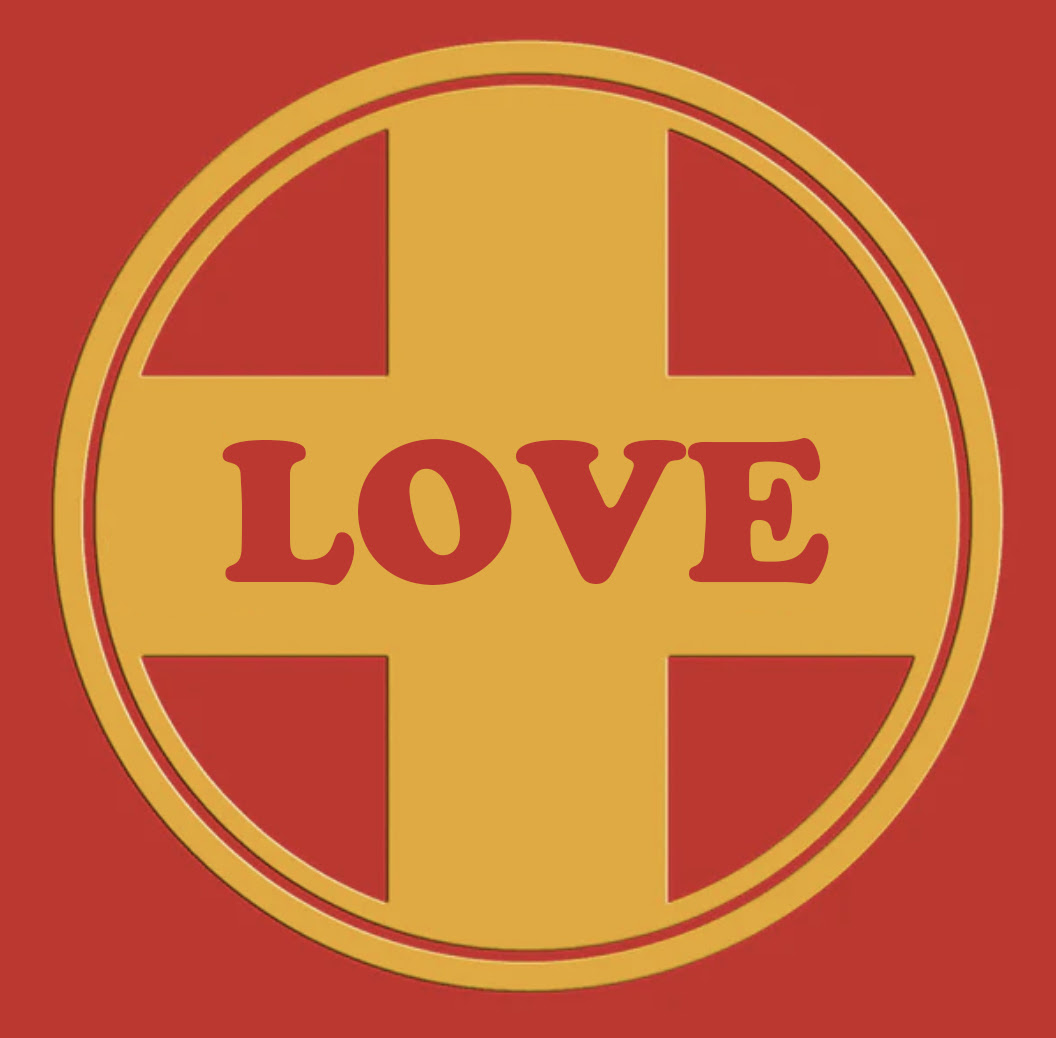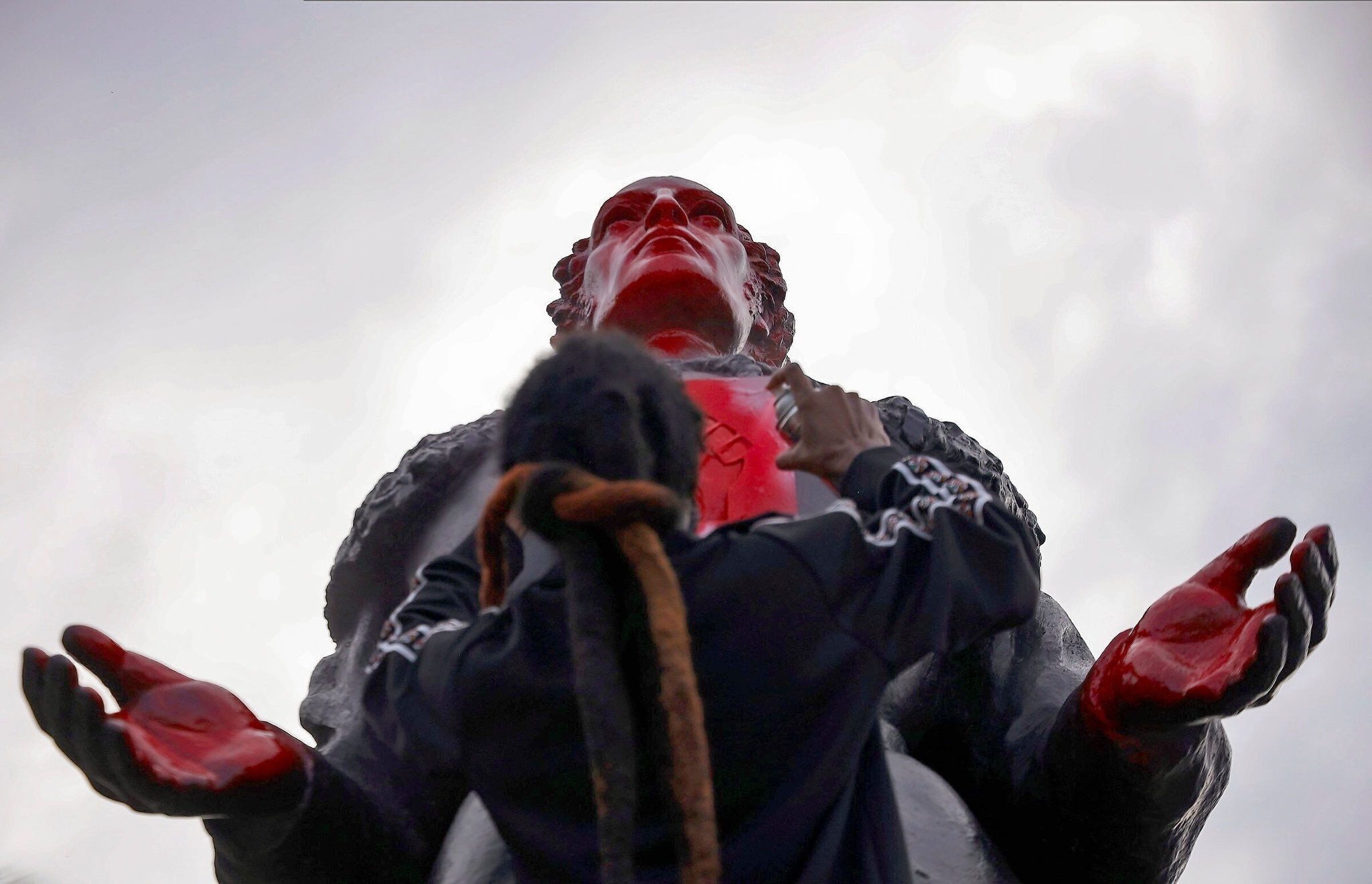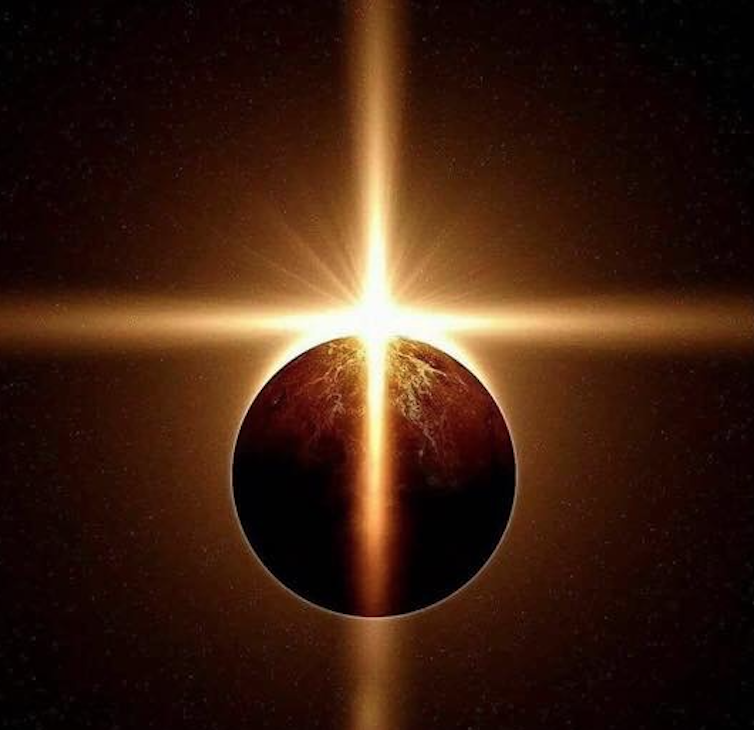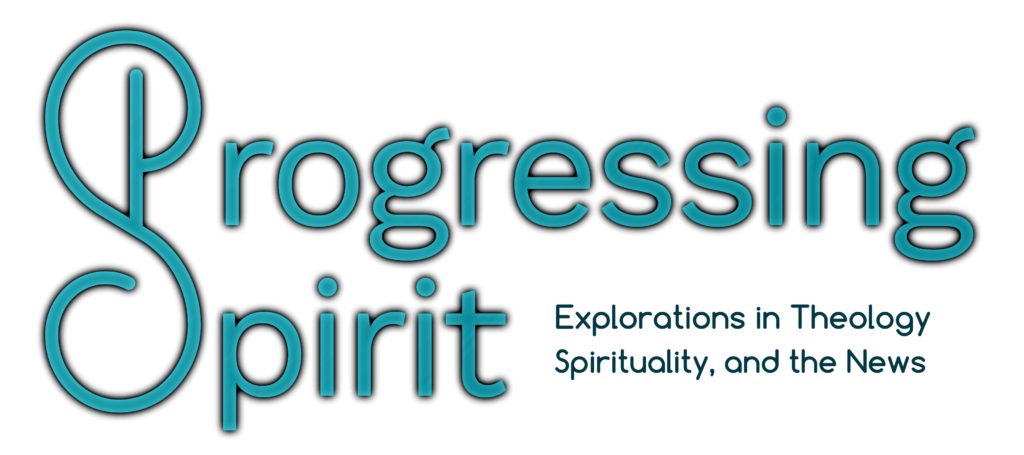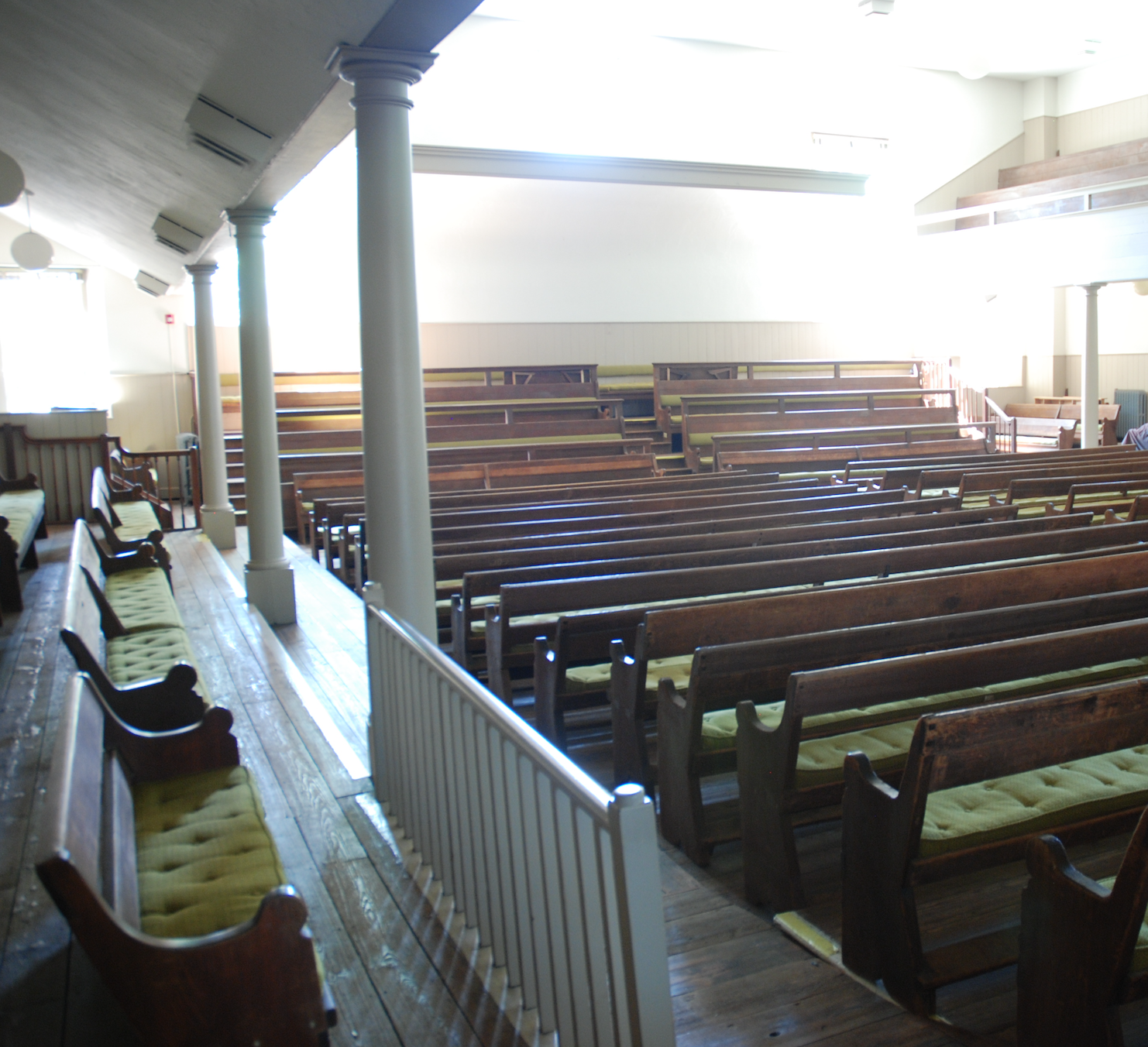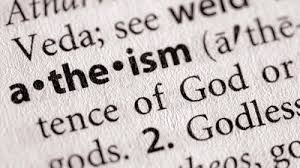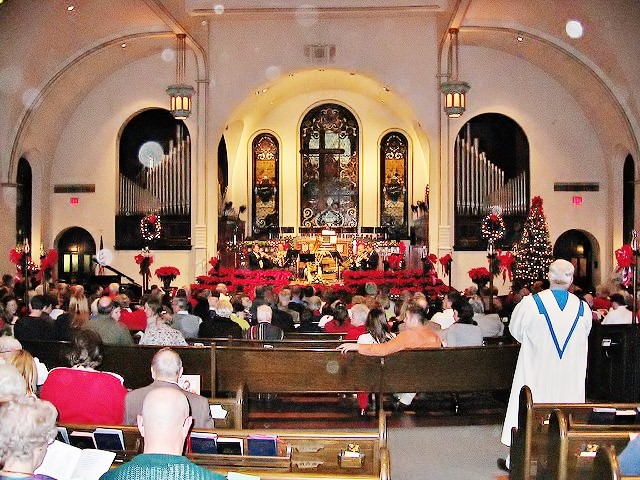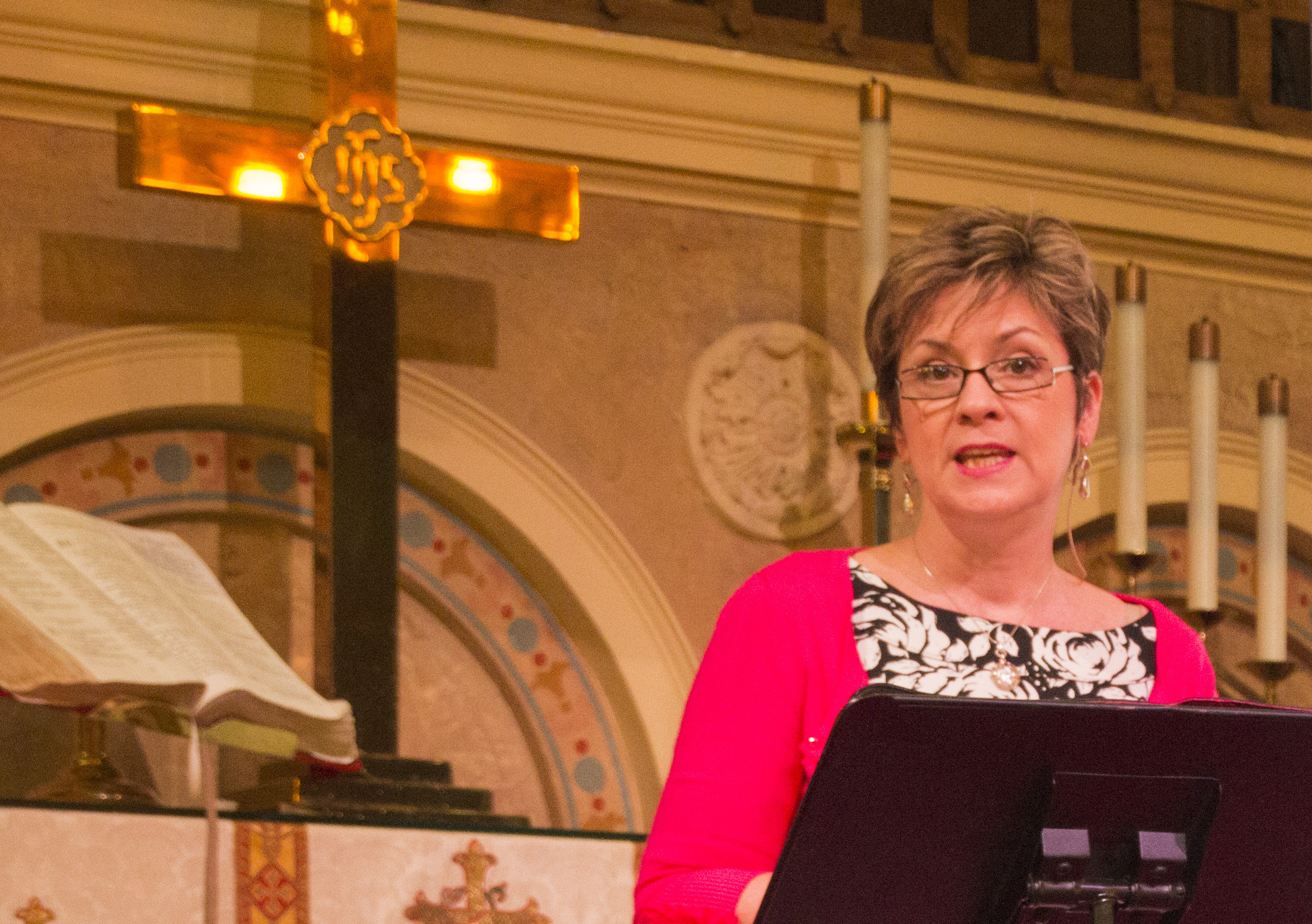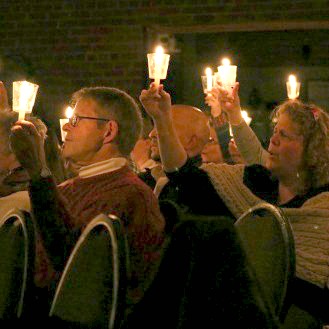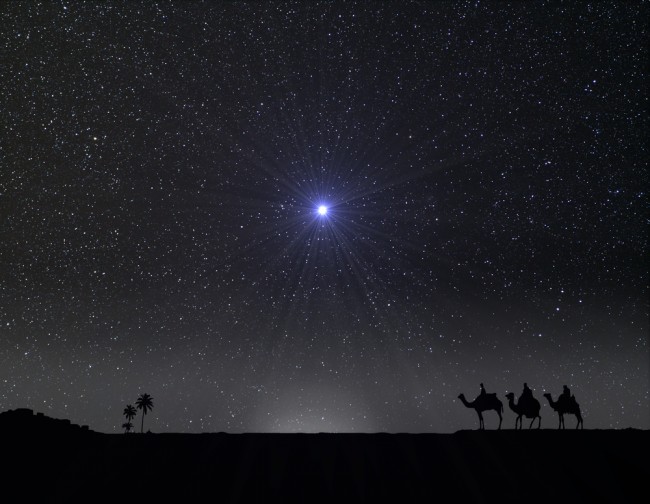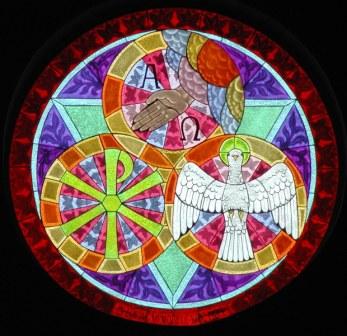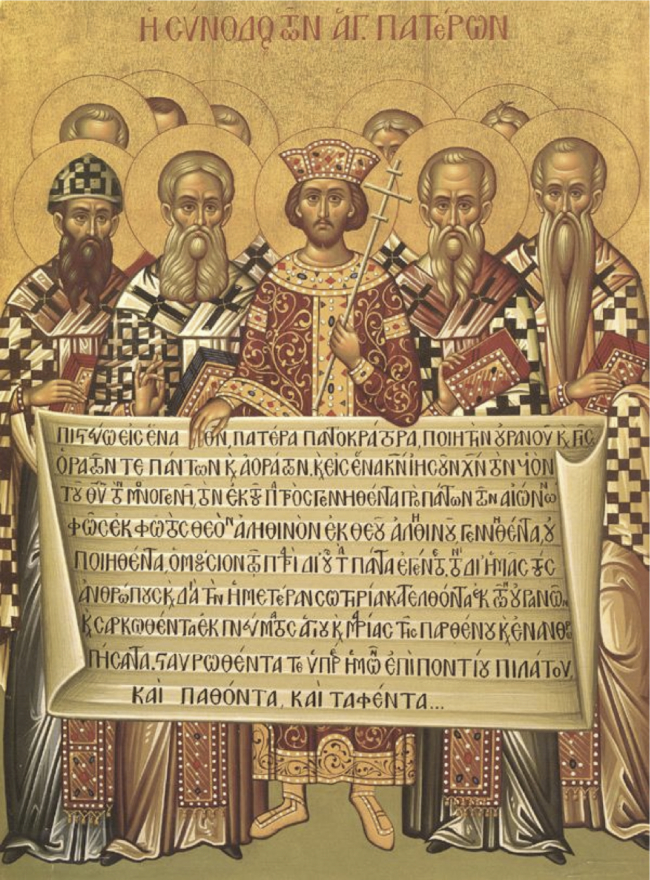The non-religious are by far the fastest-growing religious demographic in America. So how shall we who are progressive Christians talk about our faith with them, when the appropriate occasions arise?
Antisemitism should be tied to other hate crimes, like racism, homophobia, Islamophobia, to name a few, but understood as having a distinct history and motivations. Holocaust Remembrance Day reminds us of the history.
Along comes the dispute over the monuments of famous historical figures now considered worthy by some of being knocked off their high horses. It is a reminder for us all to reconsider just who, or what, each of us believes is of such monumental importance and value that we would elevate it to a place of prominence. For those who would follow claim to be followers of a Jesus figure of our own understanding, one might do well to reflect on whatever “divine” attribute one might accord such a revered figure.
I call myself an A-theist. The big A means “against”—I am opposed to theism, which is the belief in a personal god UpThere. I also think that the hyphen—which looks like a minus sign—is an appropriate symbol of my negative opinion of theism and that the little t signifies how unimportant theism is in the twenty-first century.
Theism, or supernatural theism (for the most part, they bear the same meaning) is a monotheistic conception of God that has been with us since the idea of monotheism first began to emerge in our Judeo-Christian story--after the Exodus (1,200 Before the Common Era), down through the time of the Babylonian Exile (587-538 BCE).
Restoration of a Vision from the Christian Faith Tradition
What might constitute an adequate improvement to the world order? This commentary constitutes an exploration of this pesky, perennial question about "a better world" from the vantage point of one faith tradition, and in contemporary context. Its intention is not to offer novelty or any new revelatory insight, but rather to remember and restore a perspective that lies at the heart of a biblical gospel tradition; based on the teachings of a pre-Easter human Jesus.
When two people respond to each other in empathetic ways, love enters the relationship from a space that is between them.
If God is love, then God is something we do, rather than somebody or something we try to believe in. If God is love, then God is a relationship, and not a Guy in the Sky or some other kind of supernatural entity. If God is love, God is nothing to fear. If God is love, when we really love someone - even of another religion, or of no religion at all - God is in that relationship, blessing it. So these three words wipe away all the theological debates about science and common sense versus religion. These three words sweep away the problem of evil, the perennial conundrum of how an all-powerful God could love people while allowing horrible things to happen to them. If God is love, then God is not in charge of the universe. Love is extremely powerful, but it is not directive. Love does not force anybody to do anything, nor to force anything to do anything to anybody. If God is love, then God is omni-attractive, not omni-potent.
An inclusive and pioneering exploration of Theology, Spirituality and Current Events
With thousands of subscribers around the globe, Progressing Spirit is the world’s leading outlet for an intelligent, inclusive, and pioneering exploration of today’s theological, spiritual, and social advancements.
By Cap Kaylor on March 16, 2018
In a recent post (3/16/18) on Progressive Christianity, Cap Kaylor asked: “Is Quakerism Becoming a Christianity Without Christ?” He is worried that Quakerism is in a serious decline and is in danger of withering away. He says, “I have come to share the now widely held conclusion that unless the current trajectory is reversed, liberal Quakerism is headed for extinction.” I should note that Kaylor is writing from the perspective of an unprogrammed (silent worship, no ministers) Quaker and not a programmed (speaking, music, and minsters) Quaker. Worldwide only 11% of Quaker Meetings are unprogrammed.
Christianity should encourage and honor the ongoing search for truth. This requires tolerating absence of certainty and respect for emerging scientific knowledge, which leads to updated understanding of human rights and morality. Lessing’s statement about the true value of a person should reflect the view of all who follow the Judeo-Christian tradition, for it focuses on devotion to God through the unending quest for truth rather than holding to cultural idols.
...though linguistically, “being” an a-theist (atheist) should be the same thing as not being a theist, this clearly is not always the case. Indeed, even the renowned Unitarian Humanist John H. Dietrich made this very claim: that is, that because he considered himself open minded about the possibility of there being a god he was not an atheist. Though because he saw no evidence for a god, he was not a theist. Dietrich falls victim to the mental contortion of equating denial of existence with proof of non-existence, what he felt was the definition of atheist.
In religious as well as other history, when we don’t know our own history, we are condemned to repeat it. Condemned not by anyone else, not even "God", but by ourselves and the consequences of our own willful ignorance.
The problem with the Christian church in Western Europe is that it has little or no impact on the society at large. You can’t have an impact if the pews are empty. With the possible exception of Evangelical Protestants, the same trend is occurring in America, though at a slower rate. Museums are in our future too. Millennials are abandoning Christianity in record numbers. Like the people I spoke to in Denmark, they do not reject God but rather Christian doctrine.
Some folks might find it strange that an A-Theist even bothers to go to church where there is a great deal of talk about an UpThere God who isn’t UpThere—as far as he’s concerned. Wouldn’t it be easier just to stay home and do something more interesting? It seems so hypocritical to waste time hearing about God, Jesus, the Trinity, and all that other dogma and doctrine when you don’t believe any of it. As many of you know, I call myself an A-Theist, but I still go to church every Sunday. There are myriad reasons why I go, but first let me clarify what I mean by hyphenating this word. In my mind, A-Theist has a very different meaning than the word atheist. I am not against the idea of there being a Higher Power, or as Paul Tillich—one of the great theologians in the twentieth century—defines it, “the ground of all being.”
Saying Goodbye to “God” in Sacred Text
What good is “God?” We know well how much violence is committed in the name of “God.” If we were to delete both our traditional Western word and notion of “god” from both our speech and thinking, what are the implications for such things we ourselves know and experience to be true in our own human experience? I’m talking about conceiving of such things as love, compassion, mercy, grace, reconciliation, forgiveness, even absolution, redemption, and salvation. Part one in this series considers a scripture text considered sacred, but noticeably absent is the presence of any deity.
The idea of “God” has been problematic for as long as the notion existed. As a result, “God” has admittedly been for me a direction; but neither a destination, nor even a companion along the way any longer. As the poet suggests, if the notion of “god” is directional movement from a former past to the present now, then perhaps it is the time to leave the “G” word behind. What does that mean?
I am sure you know that the United Church of Canada has subjected one of its ministers, Gretta Vosper to a hearing where she was thoroughly interrogated over what up until now has been the basis for 'essential agreement'. Not anymore! She is now in the process of being defrocked which means the UCC has now become a signing creedal church, with no expectation of growth since ordination vows. It also means from henceforth any ordained minister can be hauled before a similar court on the basic of one complaint, NOT EVEN from within the congregation, about what that minister said.
In the US, now is a better time to be an atheist than ever. A serious candidate for the presidency has declared on national television that he does not believe in God. The percentage of declared atheists and religiously unaffiliated people in America has risen substantially in recent years. To lack or reject religion is becoming considerably more socially acceptable. That's why the non-religious, and avowed atheists in particular, need theistic allies to defend them, more than ever.
Occasionally I meet someone and they say to me; I am an Atheist. I think to myself: What exactly do you mean by that? How can you be so sure of what you disbelieve? You my friend need a better word and a better “A -” with more definition. In today’s quantum world such a statement as yours is “passé.” Theism, Atheism and Deism are word descriptions from the prescientific past.
Since its foundation, nearly a century ago, the United Church of Canada has famously been a broad-minded Christian denomination. Its goal at the outset was to unite the many strands of liberal Protestant practice under the same roof. And through the years it's been widely seen as an open-minded and pluralistic institution. But now, one United Church minister in Ontario, is forcing the church to re-examine the limits of that approach...
The Brief Observance of a Holy Nativity
Even non-theists and progressive Christian types love to sing Christmas carols. And, as the British atheist, Alain de Botton, once said, "Religions are intermittently too useful, effective and intelligent to be abandoned to the religious alone." The annual observance of one holy nativity is the perennial reminder to respect and beatify the dignity and sacredness of every birth, everywhere.
Before you get all excited about the Pew Research results and begin thinking that the rising number of those who report no
For me and for the many who no longer hold those stories as sacred, the cost is simply too high. The potential for posthumous reward or damnation has too often drained life of its beauty, wealth, diversity, and joy and the norms of civil society that are reinforced are often not in the best interests of humanity or, at least, significant swaths of it. So we need a way forward.
The word God evokes highest aspirations. It suggests the whole, and what makes me whole. It delivers me into the rich darkness of mystery, the allure of the unknown. It provokes possibility. It aims beyond what I can explain. The word God invites me beyond what I can imagine. The word God hints at the personality of the universe. It touches me with all-surpassing Love. The word God invokes curiosity, creativity. My uncertainty about what the word God means spins me into a healthy, humbling disequilibrium. It leaves me giddy.
Introduction In my faith journey, I have struggled with the concept of the Trinity. Like many other followers of Jesus I suspect, I
An Open-Ended “Creed” for a Progressive Christian
I have often said so-called “progressive Christianity” is a notion forever in search of its own elusive definition; and that’s as good a way of explaining it as we may be able to find. We live in a post-modern world that considers the age of Enlightenment to be a post-facto reality. As such, “progressive” thinking in an age of Reason has pushed the boundaries of nearly every facet of life, except one: those ‘traditional’ or ‘orthodox’ beliefs, based on certain creeds, doctrines and dogma that still dominate what it presumably means to be “Christian.” It hardly needs to be said that it is also why so many one-time believers have outgrown their one-time faith. Calling them merely “lapsed” is misleading. So much has elapsed in the world we have all come to know and take for granted, that the once-dominant Church -- -- despite all its denominational varieties -- has fast become a post-modern relic. Yet any critical examination of how Christian scriptures developed and how the history of the tradition evolved will quickly demonstrate how it has always been in a constant state of flux. Or, if you like, “progression.” It was only when it stopped and got stuck that we traded in the tent for a temple, and snuffed the life out of a movement that is progressive by its very nature. What then would constitute an honest statement of belief for at least this "progressive Christian?"
For the Oxford Philosophical Society 2014 Review
I shall argue in this essay that without the mind’s faculty of imagination there would be no philosophy, no art, no music, no mathematics, no science, no religions, and no freedom of choice; that the attempts of religions to limit its expression to habits of identity, aided by the atheistic belief, now common in secular societies, that it must be applied only to material discovery, is the cause of their conflict and religious terrorism; that the crisis in modern education is similarly caused and may be similarly resolved; that the natural function of this faculty is to find manifold ways for minds to communicate, as is demonstrated by its manifestations, as described above; finally, that it is not limited to human minds, for the history of philosophy, which is also the history of humankind, would not be as it is if this were true.
Last month, when we focused on worship and prayer, we had a lot of debate about how we do this with non-traditional concepts of God, especially in church settings. Folks talked fairly easily about private prayer, usually meditative or contemplative, non-formulaic, very personal. They pray, and they find in varying degrees that their times of prayer feed their spirits, enrich their lives, and help shape their decisions and behavior.
For many Christians, a supernatural theistic God is a daily reality in their lives, but for many others, this kind of God is simply not there. They long to feel God’s presence and God’s love, but instead they experience emptiness and isolation. They worship God in church, but find that God is not present in the sanctuary. They pray fervently to God in private moments, but realize that their prayers often go unanswered. In the end, there is only silence.2 The biblical character of Job cried out to God in despair, “I cry to you God, but you do not answer. I stand before you, and you don’t even bother to look.”3

